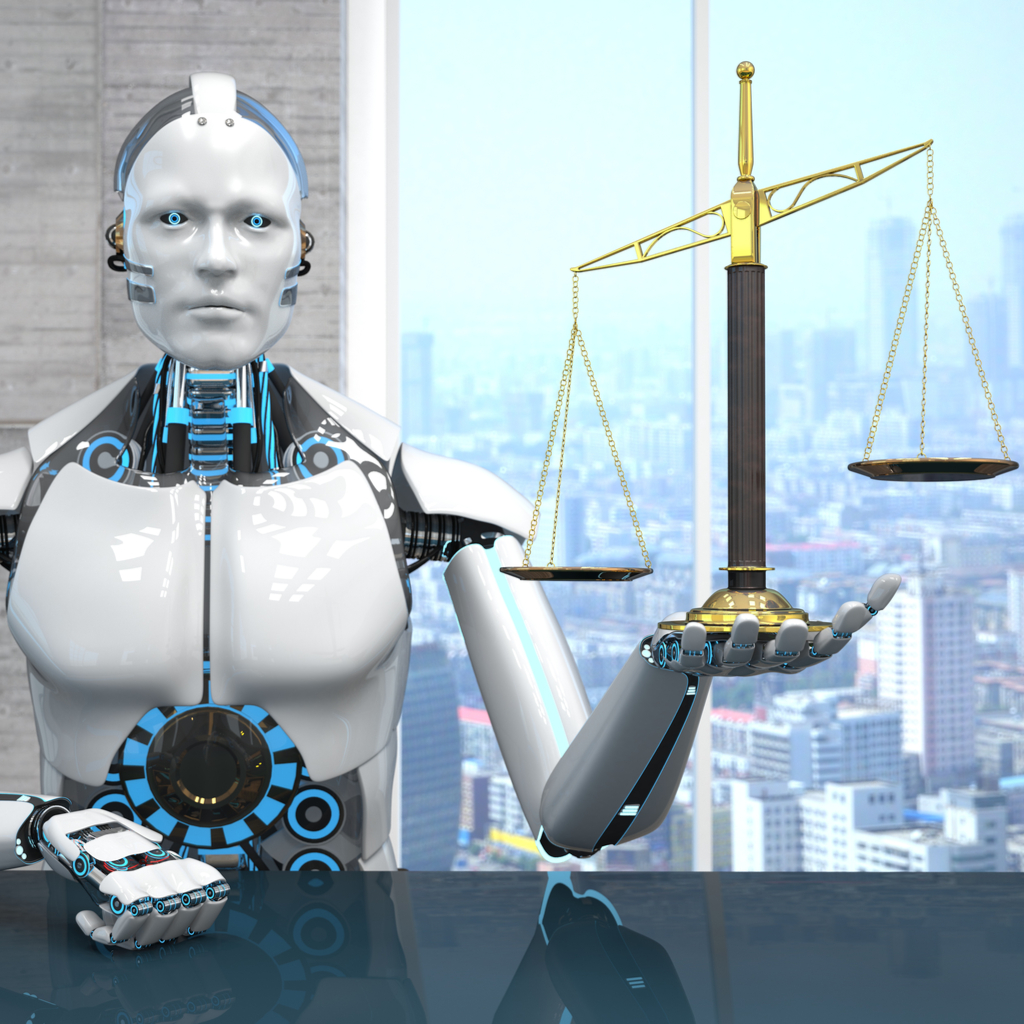Artificial intelligence will now permanently be involved in our daily lives due to COVID-19, but at what cost to legal professionals?
 Photo Credit: Shutterstock
Photo Credit: Shutterstock
Artificial intelligence has quickly been entering the legal industry since the inclusion of Coronavirus in our daily lives. With its growing presence, lawyers and those who rely on the legal profession to make a living; are concerned with how COVID-19 and AI technologies will disrupt, change, and affect the legal world for years to come.
AI technology is helping in litigation practice by automating tasks. Much of what an attorney does requires free and abstract thinking, something AI is not capable of doing. AI’s role in the firm will be to complete tasks of non-high-level strategic work.
According to U.S. consultancy groups, roughly 22 percent of a lawyer’s daily job and 35 percent of legal clerks’ jobs can be automatically done. This will not grow much more since AI is not able to do all the necessary things that a human does in the office. While adjustments to responsibilities and certain job roles are likely to change in a COVID-19 world, completely eliminating office-related positions is not likely in the future.
AI looks for patterns in data and humane-defined criteria and has the power to relieve attorneys from unneeded additional work. AI technology can even determine which litigation projects are worth taking on, and which attorneys are appropriate for a particular need in a case.
This allows law firms the ability to increase their profitability and competitiveness. Law firms that focus on transactional practices use a great amount of time researching, drafting, negotiating, and advising. AI helps reduce the amount of time needed to complete tasks, per hundreds of hours of any given year.
Clients have begun to appreciate AI technologies. In today’s world, people understand technology better than at any other time in history. The benefits of current technologies offer at a better price since price and speed are the most important concerns of clients. AI is able to reduce the amount of time a task takes, cutting down the cost.
Law firms will adapt to a new business model that will embrace and incorporate AI technologies. An increase in capabilities by law firms shall result in an increased ability to take on additional legal cases.
For more about Haute Lawyer, visit: https://hauteliving.com/hautelawyer/
Reference: https://www.jdjournal.com/2018/06/21/is-ai-technology-helping-the-legal-profession/


















